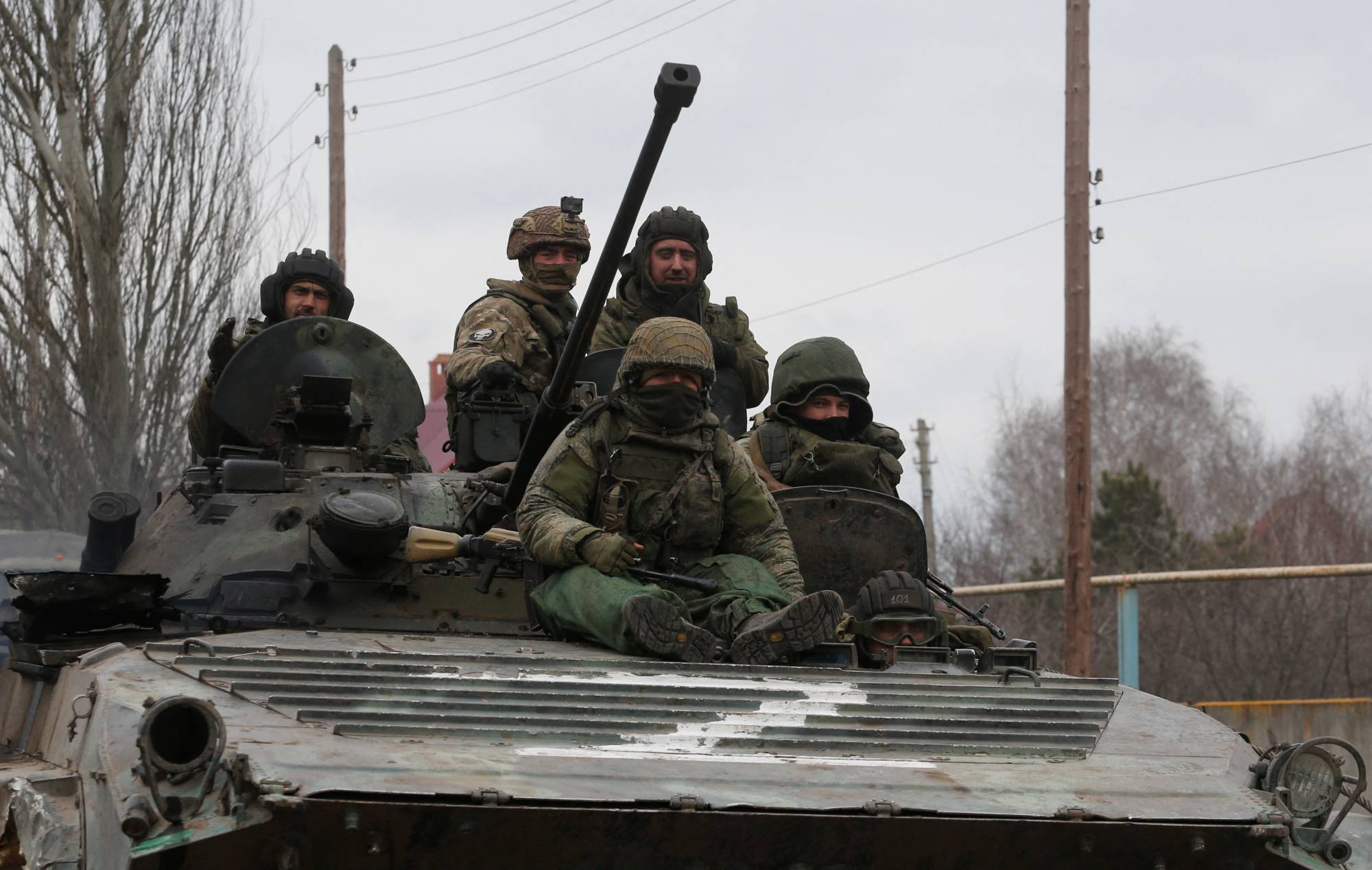In late 2019, when I had a nationally syndicated radio show, I was asked by my partners to come up with some predictions for coming year in stocks, bonds, politics, geopolitics and some other topics. I protested, saying it was impossible to look out an entire year with any sort of clarity and that we were setting ourselves up for embarrassment. I lost the argument, and I came up with a list of 12 predictions. Most of them ended up being horrendously wrong.
I said gold would outperform stocks by 40% — and it did! But only for a moment during the early days of the pandemic. I also forecast that oil prices would probably go up a lot (they actually went negative for the first time in history, falling to as low as minus $40 a barrel) and that either Donald Trump or Bernie Sanders would win the presidential election. I did correctly predict that the Federal Reserve would cut interest rates, but I was right for the wrong reasons.
Such is the nature of forecasting. You have a logical, well-thought out thesis and then some exogenous event happens that screws everything up — like Russia invading Ukraine and upending global markets. Economists and strategists know this all too well. So much so that some consider them little more than "entertainers.”



